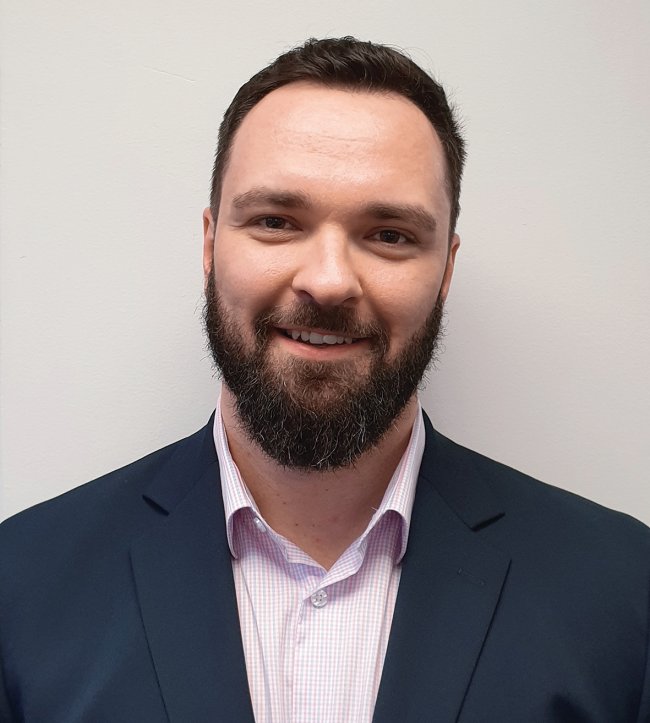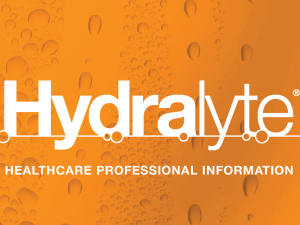Academic pharmacist Nataly Martini provides key information on Helicobacter pylori pathophysiology, diagnosis and evidence-based treatment strategies to enhance patient outcomes
You do the crime you bear the publicity - especially if you’re a pharmacist
You do the crime you bear the publicity - especially if you’re a pharmacist

We are on our summer break and the editorial office is closed until 17 January. In the meantime, please enjoy our Summer Hiatus series, an eclectic mix from our news and clinical archives and articles from The Conversation throughout the year. In July, Ruth Brown and Steve Hart reported on the practice of naming pharmacists who appeared before the Health Practitioners Disciplinary Tribunal, and found pharmacists were much more likely to be named than other health professionals
Being publicly named will follow a health practitioner for the rest of their career, long after they have learned from their mistakes
If you were thinking that pharmacists are more often named in disciplinary decisions than certain other health practitioners, you would be right. Pharmacists are significantly less likely to be granted permanent name suppression than doctors or nurses, research covering 15 years of the Health Practitioners Disciplinary Tribunal shows.
The research, led by University of Otago professor of psychological medicine Lois Surgenor, was published in The Journal of Law and Medicine last December. It looked at all available HPDT decisions from 2004 – when it was set up – to 2020, analysing 420 cases.
Taking a closer look at the 302 cases involving medical practitioners, nurses and pharmacists, the researchers found pharmacists were less likely to seek permanent name suppression than doctors or nurses and were more likely to have suppression declined if they did apply.
Researchers also write that while there was no significant difference in the rate of those seeking name suppression, the outcomes were significantly different.
Their figures show pharmacists did not apply for name suppression in 64 per cent of cases, compared with 49 per cent (doctors) and 56 per cent (nurses).
On the question of approval, figures show 31 per cent of pharmacists sought name suppression and were declined. Only two cases (4.4 per cent) had their bid for name suppression approved.
For medical practitioners, 23 per cent were sought and declined, and 28 per cent were approved. Twenty-four per cent of nurses sought name suppression and were declined, while 19.5 per cent of them sought suppression and were approved.
Professor Surgenor declined to be interviewed but Pharmacy Today approached one of the solicitors who frequently appear at the HPDT in cases involving pharmacists.
Lawyer Ellie Wilson, from Darroch Forrest law firm, has been representing pharmacists in disciplinary cases for the past six years.
She is surprised the number of pharmacists granted name suppression is so low, adding she is aware of five practitioners in the past 18 months who successfully applied for name suppression.
Four of them successfully defended themselves in December 2019, against charges in relation to a drug seeker presenting fake scripts for tramadol.
But, she says by email, gaining name suppression is not easy as there is a presumption that all practitioners should be named and this is not easy to overcome.
So why the discrepancy between practitioners?
Ms Wilson says it’s difficult to make blanket statements because factors vary in each case. However, permanent suppression might be more likely in cases where identifying the practitioner could lead to identifying innocent parties.
This situation might be more likely for GPs who have a certain number of patients on their books.
Ms Wilson adds practitioners who successfully defend charges are more likely to win name suppression, but this is not guaranteed.
And in cases where a practitioner has already been identified, such as in a district court hearing, name suppression is less likely.
Nearly two-thirds of pharmacists are not applying for name suppression according to the study, and Ms Wilson believes this might be because of the extra cost involved.
“In cases where it is clear an application will be unsuccessful (such as where there has been prior publicity) we would not likely advise a practitioner to apply for suppression due to the extremely low likelihood of success,” she writes.
“There may also be a reluctance to discuss personal factors in a public forum, however this is likely less of a factor.”
She says, while lawyers may like to think their presence makes a difference to the success rate, the study itself points out that lawyer representation increases the likelihood of an application being made, but not the chance of success.
To date, 51 disciplinary decisions involving pharmacists or pharmacist interns have been posted on the HPDT site. This figure is 0.1 per cent of all practising pharmacists and interns in New Zealand.
When a pharmacist finds him or herself in hot water, their first call will be to the Pharmacy Defence Association.
PDA chief executive Kurt Docherty explains that as case law develops, decisions should become more consistent within, and between, professions. However, he concedes each health profession may view the same charge differently.
“For example, a charge of practising without an Annual Practising Certificate might have different tribunal outcomes between professions,”
Mr Docherty says. “This could also be the case when determining whether or not to suppress a person’s name.” Mr Docherty says public naming is always a fine balance between public interest and causing significant harm to the person being named. “
It can be devastating for someone to be named in their community,” he says.
“Being publicly named will follow a health practitioner for the rest of their career, long after they have learned from their mistakes. The charged person’s mental health and wellbeing must be considered when deciding whether to publicly name them.”
The public naming of pharmacists is something that rankles Ian McMichael, former Pharmaceutical Society of New Zealand president and chair of Pharmacy 547.
“The nurses, pharmacists, and midwives seem to be held to a greater degree than a general practitioner.
“Instead of a shame and blame culture, we should have a reporting culture so pharmacists feel happy to report when things go wrong.
“There doesn’t seem to be any regular process of debriefing, or shared learnings from events that lead to a tribunal hearing,” Mr McMichael says. “There’s no coming back and saying ‘what went wrong here, what could have been done differently?’”
However, Pharmacy Council chief executive Michael Pead points to a newsletter published two years ago on how it helps pharmacists learn from the mistakes of others.
“In preparing such messages, we not only take into account HPDT cases but also any Professional Conduct Committee matters, council decisions, and what might be happening practice-wise at the time.”






